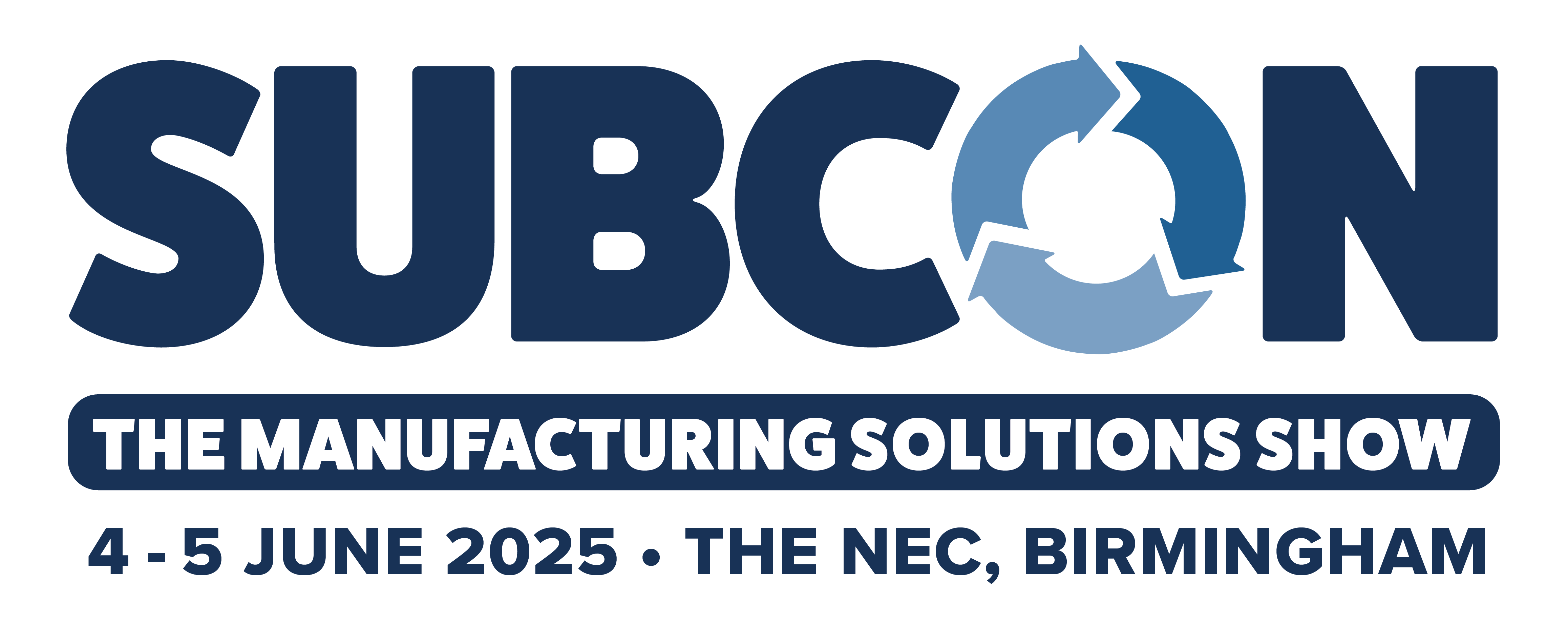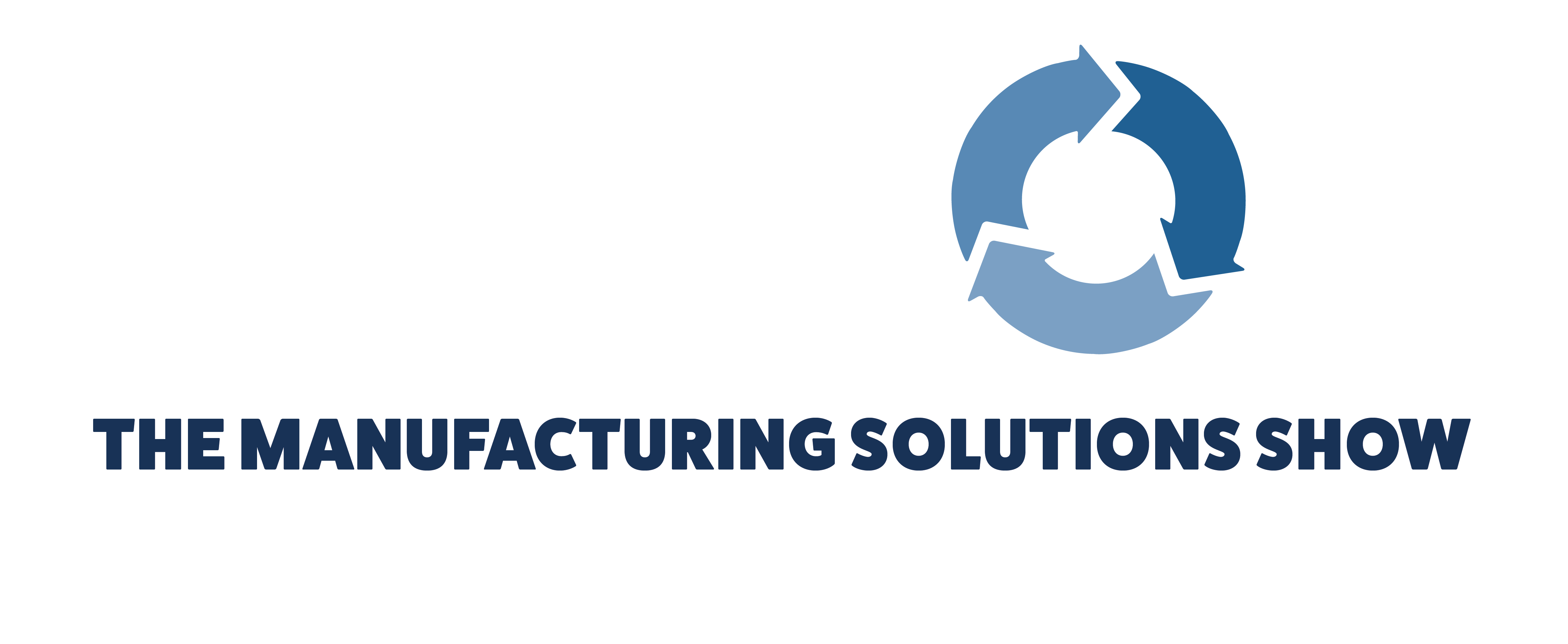Product Design and Development in Plastic Injection Moulding – from Concept to Creation
)
Introduction to Product Design and Development in Plastic Injection Moulding from Concept to Creation
Product design and development are crucial stages in the plastic injection moulding process. They involve transforming an idea or concept into a tangible, manufacturable product. Effective design and development not only ensure
the functionality and aesthetics of the final product but also contribute to manufacturing efficiency and cost-effectiveness. In this blog, we will explore the key considerations and steps involved in the product design and development process for plastic injection moulding.
Conceptualisation and Design
The product design phase begins with conceptualising the desired product. Consider factors such as its purpose, target market, and user requirements. Once the concept is defined, detailed design work can begin. Utilise computer-aided design (CAD) software to create 3D models of the product. This allows for visualising the final outcome and identifying any potential design flaws or improvements. Pay attention to aspects like part geometry, wall thickness, draft angles, and assembly requirements. You could collaborate with our in-house designer or other designers, engineers, and other stakeholders to optimise the design for manufacturability and cost efficiency.
Material Selection
Choosing the right plastic material is critical for product performance and durability. Consider factors such as mechanical properties, chemical resistance, heat resistance, and cost. Consult material suppliers or engage with experts to identify the most suitable plastic resin for your specific application. Conduct thorough testing and analysis to ensure that the selected material meets the product’s requirements and can withstand the injection moulding process.
Prototyping and Testing
Prototyping allows for evaluating the design’s functionality, fit, and aesthetics before mass production. Use rapid prototyping techniques, such as 3D printing or CNC machining, we do also offer a rapid aluminium plastic injection mould tool to create physical prototypes. Test the prototypes for structural integrity, dimensional accuracy, and other performance aspects. Iteratively refine the design based on the feedback and results obtained from prototype testing. This process helps identify and address any issues early on, saving time and costs in the long run.
Tooling and Manufacturing Considerations
Collaborate with experienced toolmakers and moulding experts such as ourselves to ensure that the product design is optimised for the injection moulding process. Consider factors like part complexity, draft angles, gate placement, and ejection mechanisms during the design phase. These considerations influence the tooling design and help streamline the manufacturing process. Work closely with our tooling team to create moulds that meet the design requirements while ensuring efficient production and quality control.
Continuous Improvement and Iteration
Product design and development should be viewed as an iterative process. Continuously seek feedback, collect user insights, and analyse market trends to identify areas for improvement. Leverage customer feedback and data to refine and enhance the product design. Embrace innovation and stay updated with the latest technologies and manufacturing techniques to stay competitive in the market.
Conclusion
Successful product design and development in plastic injection moulding require careful consideration of factors like conceptualisation, design optimisation, material selection, prototyping, and manufacturing considerations. By prioritising functionality, manufacturability, and market requirements, businesses can ensure the creation of high-quality products that meet customer needs. Continuous improvement and innovation in the design and development process contribute to the success and growth of plastic injection moulding projects.
If you would like to find out more or have any questions please do not hesitate to get in touch, contact details can be found below:
Email: Sales@dudleyassociates.com or Jacob.Taylor@dudleyassociates.com
Tel: 01455 558825
Mob: 07754 857071



